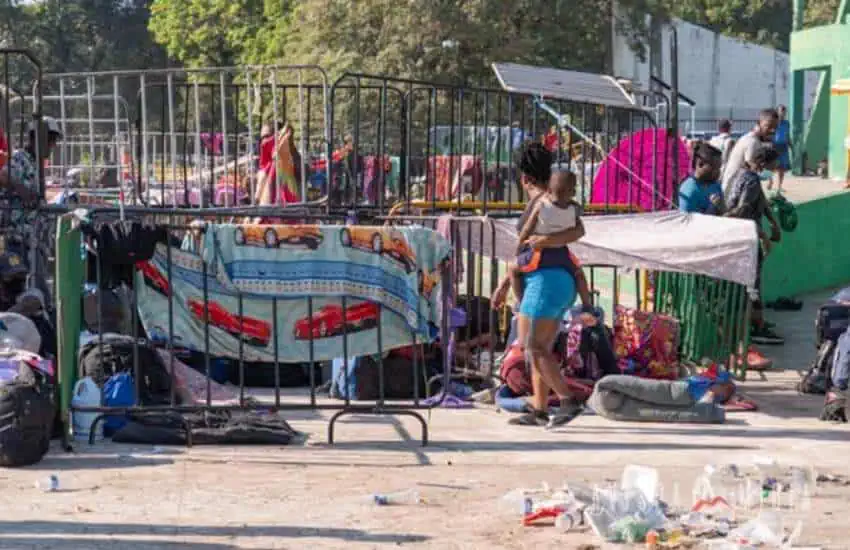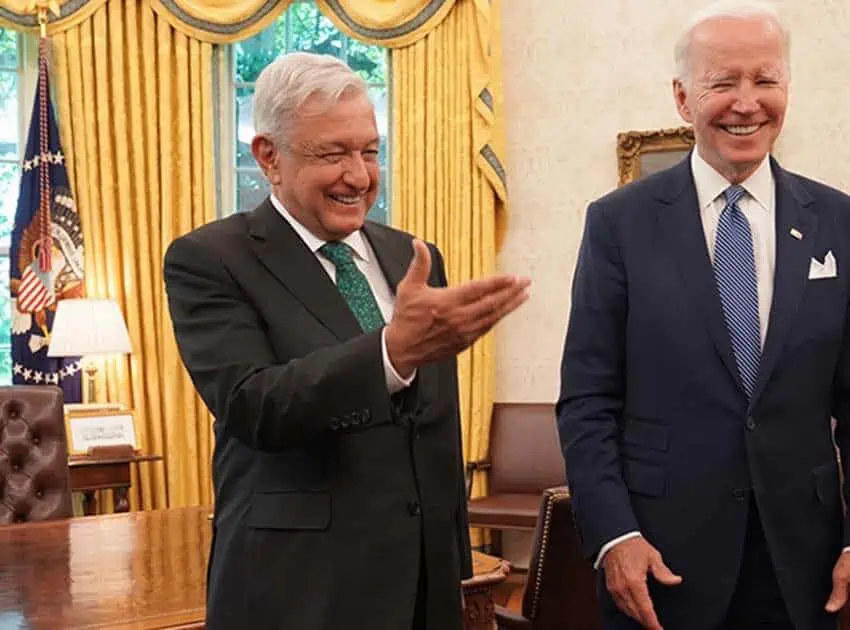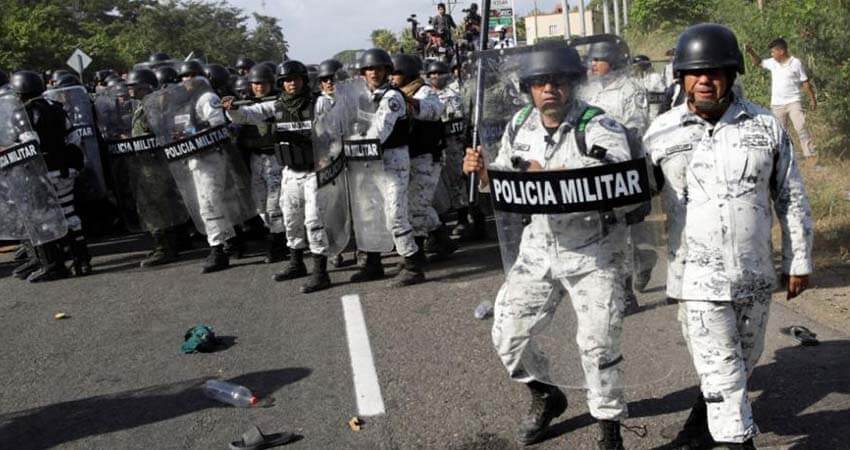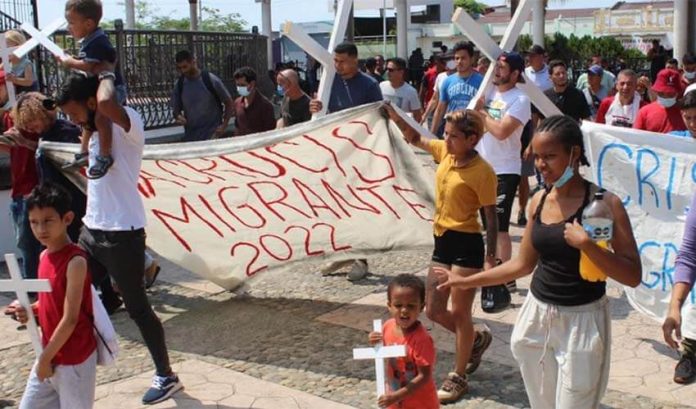Solutions to the humanitarian migrant crisis in Tapachula, a city on the southern border, are being overlooked due to the divergent priorities of the governments of Mexico and the United States, the Mexico director of the advocacy organization The Washington Office on Latin America (WOLA) said.
Mexico received a record-breaking number of asylum applications in 2021 — over 130,000 — 100 times more than in 2013. Ninety percent of those were made in Tapachula, according to WOLA’s data.
The refugee agency COMAR only resolved 38,054 applications last year, 72% of which were approved, the newspaper Milenio reported.
WOLA’s Mexico director Stephanie Brewer said that Mexican officials were reluctant to provide migrants with visas due to U.S. pressure.

“I would say that there is a humanitarian crisis for migrants in Tapachula and that the crisis can be avoided … it’s understood that the resistance of the Mexican authorities to facilitate [migrants with] access to legal channels and visas can be explained by the United States government. Because for [the U.S. government], a migrant with legal status is a person who would have the opportunity to go to their border,” she said.
Brewer added that the Mexican government had the resources to process the migrants, but that racism and institutional incompetence had created obstructions.
“As a country, it certainly can respond to demand. It’s a big country, with a large population, but a single city like Tapachula can’t. It’s not logical to think it can meet the demand.”
“[Migrants] experience different types of racism, both with authorities and members of the population and different types of xenophobia … The system has not evolved in terms of human resources … to meet the situation,” she said.

Migrants from Haiti, who make up a large part of the migrant population in Tapachula, were having a harder time gaining legal status in Mexico, Brewer said.
“Certain nationalities, notably Venezuelans, Hondurans and Salvadorans, have a fairly high rate of gaining asylum, compared to Haitians for example,” she said.
Brewer added that the militarized strategy to combat undocumented migrants was inappropriate.
“The National Guard, it must be said, is an organization of military force … focused on confronting enemy forces. It is not the right institution to be the first points of contact with the refugee population, [which] is mainly families,” she said.

WOLA is calling on the government to stop containing migrants in Tapachula, end migrant detentions, provide visas and increase COMAR’s budget. It argues that the U.S. government should prioritize migrant protection and should provide refuge for unaccompanied minors.
With reports from Milenio
